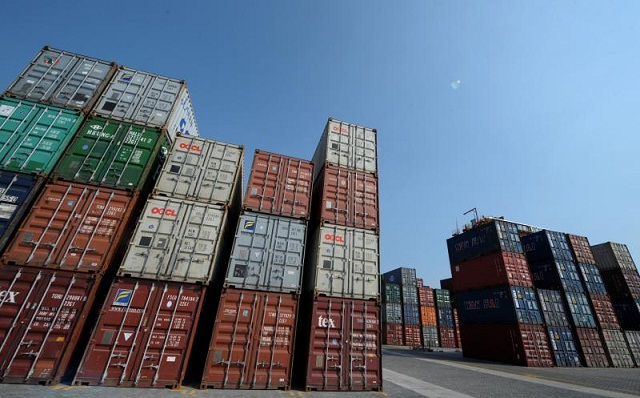Think Big for Shipping and Logistics intends to establish a branch in Jebel Ali, the United Arab Emirates, as part of its regional expansion in the field of maritime transport.
Chairperson of Think Big for Shipping and Logistics Mahmoud Lami Kamal said that the company was established in Egypt with the aim of owning and managing giant ships to transport goods to and from Egyptian ports. Then, the company decided to establish a branch in Dubai to increase its structural capacity to expand activity in a short period. The company’s inception will focus on transporting raw materials and dry products of vegetables and fruits, and will operate in ports of Alexandria, Damietta, East of Al Tafreah, and Port Said.
Kamal pointed out that Think Big intends to purchase heavy transport vehicles with the aim of forming a land transport fleet linking the various governorates, noted that the company will focus on exporting Egyptian agricultural products such as citrus fruits and intends to run its vehicles between more than one European and Gulf port.
He elaborated that the private sector has a major role to play in supporting the government’s plan to develop ports, provide shipping and navigation services, and prepare for Egypt to own a strong fleet of trucks that would enable it to provide service in a distinctive way to the markets of the Middle East and North Africa.
Egypt needs to own a fleet of containers, so that we can be influential in the maritime navigation market and not be affected as freight rates have witnessed many increases during the recent period due to COVID-19 pandemic, he explained.
He further disclosed that the company entered into a partnership with Haul American Transport with the aim of launching an online application in the local market called Haul Egypt to provide heavy transport vehicles to importers and exporters in Egypt.
Through the application, importer or exporter can use the application and request heavy transport vehicles, while specifying appropriate price besides the application will cover all areas of Egypt. The application is still in the experimental phase, and there is data for more than 500 vehicles in the local market, he concluded.




